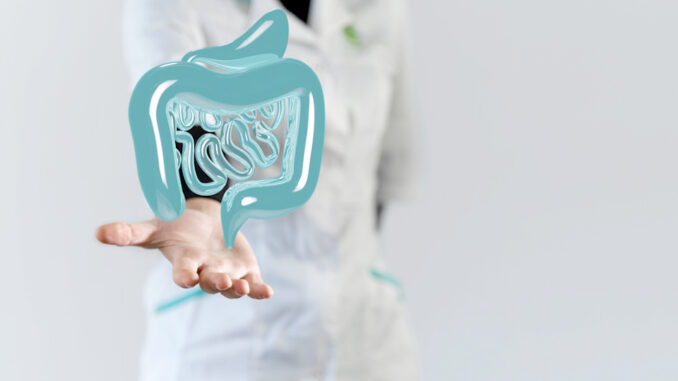
In recent years, the understanding of how the microbiome and human health are linked has expanded considerably. We believe the rise in this understanding and the growing interest towards our microbiome research-focused Health for Life Capital fund is directly linked.
The microbiome field is relatively young – we are still in the phase where the more we learn, the more we know, and vice versa. For instance, it was recently shown that the gut microbiome has important associations with the severity of Covid-19, despite it being primarily considered as a respiratory virus.
Whilst in this learning phase, we should be planning for those unexpected opportunities and applications that we might discover in the future. One immediate action would be to start collecting microbiome samples of patients in all clinical trials, both microbiome-focused and for other drug candidates. Who knows what new avenues of research or discoveries might come of this?
Improvement on clinical trial data
Microbiome samples, be it from the gut, the skin or any other parts of the body, could significantly help the evaluation phase of trial results by giving a more thorough understanding of the underlying mechanism of action of the candidate. This could be especially important when the microbiome directly affects drug action or the body’s response.
Such samples could also help recognise reasons for potential health or safety issues as well as benefits. Unnecessary negative impacts on trial participants could be avoided, while positive correlation could improve chances of approval. Sample analysis could also offer better insight on both short- and long-term effects on the microbiome elicited by the of investigated drug, if collected before and during the trial, as well as in the follow-up period.
Finally, such analysis could also help establish possible causes for unsuccessful or low-significance outcomes. Patient profiling based on microbiome would allow researchers pinpoint specific target groups that could be most susceptible to the drug or treatment, potentially improving efficiency or enabling study options with varying dosing.
A comprehensive view
Another impact on research of Large-scale sample collection, could be the creation of “biobanks” to improve our overall understanding of health-related connections of the microbiome at a wider scale, and not only for individual studies. Such additional, comprehensive knowledge could become invaluable, for instance, it could aid the identification of surrogate markers linked to fungi or certain viruses, and much more.
Challenges
The most often cited challenge for microbiome sample collection is high cost. However, the collection itself is not what’s expensive; it’s the analysis. To minimise this issue, as a first step, samples could be stored and analysed only when necessary. Over time, with economics of scale and technology improvements, these costs would drop.
With our continually expanding knowledge in this field, we know that microbiome data will have a major impact on drug discovery and development in the future and we can’t afford to miss such a moment. The value of sample collection and accompanying analysis is expensive, but eventually the benefit would significantly outweigh the cost. We now have the opportunity to start adding such procedures to all clinical trials. We could create a significant impact for future drug development now whereas, if we let the chance pass, there is no going back.

Isabelle de Cremoux
CEO & Managing Partner

